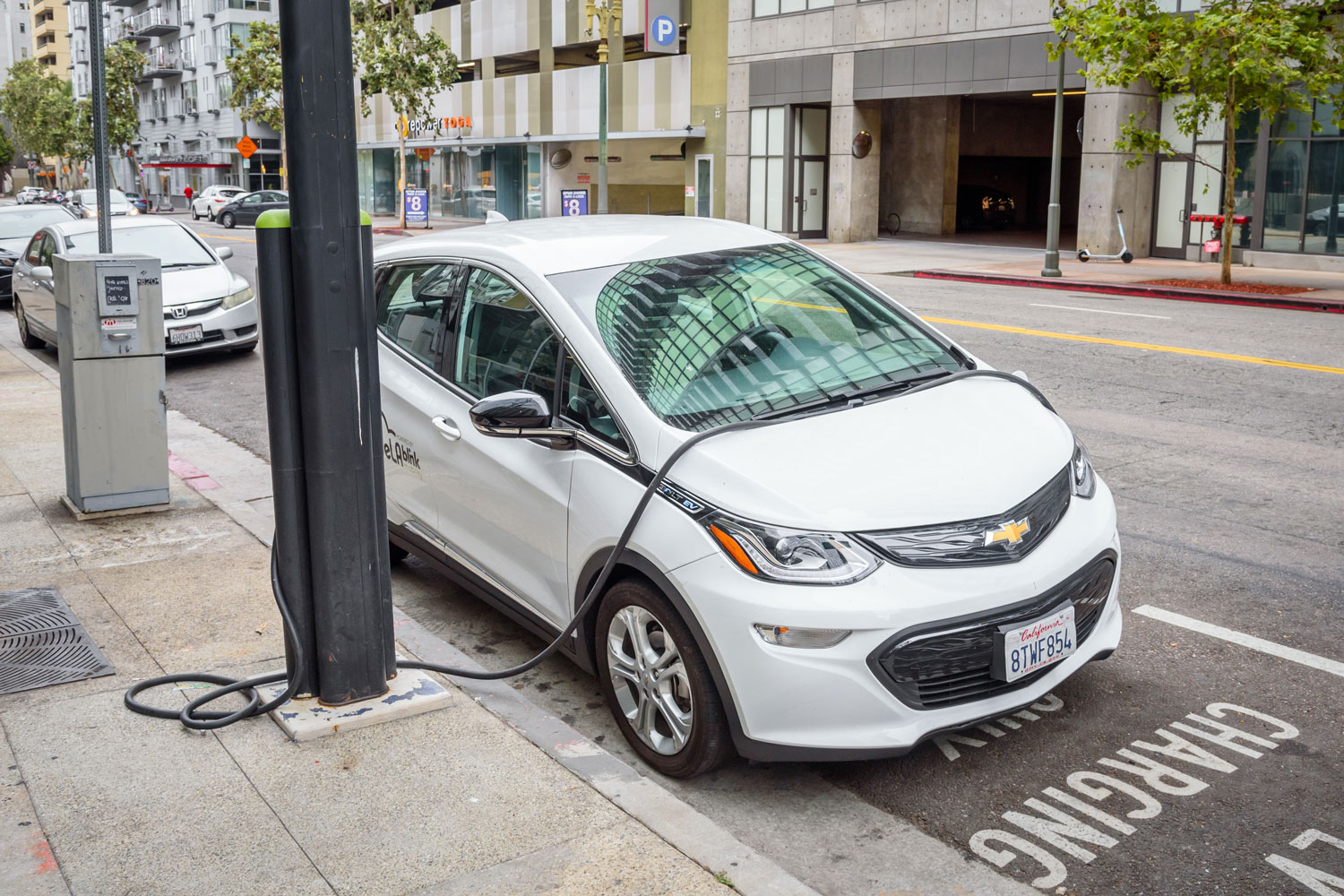The Most Reliable Sources to Buy EV Charging news and Stay Informed
The Most Reliable Sources to Buy EV Charging news and Stay Informed
Blog Article
New Advancement in EV Charging: Just How the Sector Is Advancing to Fulfill Need
As the electrical automobile (EV) market remains to broaden, the charging infrastructure is undergoing substantial makeovers to attend to the rising demand. Secret developments in ultra-fast billing innovations, combined with smart grid combination, are reshaping the landscape. Furthermore, innovations in battery innovation pledge improved efficiency and sustainability. Nonetheless, the quest of global billing requirements remains a crucial consider allowing seamless individual experiences and widespread fostering. The effects of these developments elevate essential inquiries regarding the future of EV billing and its role in the more comprehensive energy ecological community.
Growth of Billing Framework
The rapid growth of electrical lorry (EV) charging infrastructure is an important part in facilitating the extensive fostering of electrical wheelchair. As federal governments, private firms, and consumers increasingly identify the value of reducing carbon exhausts, investments accountable networks have surged. This infrastructure growth is vital to alleviate array anxiety, ensuring that EV users have convenient access to charging terminals.
Substantial advancements in charging terminal modern technology and deployment strategies have arised. Urban locations are seeing a spreading of public charging terminals, while country areas are progressively being incorporated into the billing network. Partnerships in between auto makers and charging providers are coming to be a lot more typical, facilitating the facility of detailed networks that enhance customer experience and ease of access.
Additionally, the combination of sustainable power sources into charging terminals is getting momentum, advertising sustainability in the EV community. This change not only sustains ecological goals yet also straightens with the increasing need for eco-friendly power services amongst consumers.
Ultra-Fast Charging Technologies
Ultra-fast billing modern technologies stand for a substantial jump onward in the EV charging landscape, enabling electrical automobiles to reenergize in a fraction of the time contrasted to traditional charging techniques. These advancements generally supply power levels surpassing 150 kW, with some systems rising to 350 kW or more, substantially decreasing billing times to as low as 15-30 mins for a considerable charge.
Key enabling modern technologies include improvements in battery chemistry, power electronic devices, and thermal administration systems. For example, high-capacity batteries with improved thermal security enable for faster charging without overheating. Additionally, developments in billing framework, such as liquid-cooled cables and modular billing terminals, assist in reliable power transfer, improving the overall individual experience
Major vehicle manufacturers and technology firms are actively investing in ultra-fast charging networks, recognizing the critical role they play in getting rid of array anxiousness and increasing the fostering of electrical lorries. As these modern technologies come to be extra widely available, the EV market is expected to witness substantial development, making electrical flexibility an extra eye-catching option for customers. Overall, ultra-fast billing innovations are critical in shaping the future of sustainable transport, leading the way for a much more effective and substantial charging environment.
Smart Grid Combination

With need action strategies, smart grid systems can change charging routines based on grid conditions and power pricing. For example, throughout periods of high need, billing can be postponed to off-peak hours, causing reduced expenses for consumers and decreased strain on the grid. In addition, vehicle-to-grid (V2G) modern technologies make it possible for EVs to release power back right into the grid, boosting and supplying secondary solutions grid security.
Assimilation with renewable resource sources even more boosts the sustainability of EV billing. By straightening charging tasks with periods of high solar or wind generation, clever grids advertise a greener charging framework. Inevitably, wise grid integration not just supports the expanding demand for EVs yet additionally contributes to an extra durable and sustainable energy future, placing the market for lasting success.
Battery Innovations
Among the fast evolution of electrical cars (EVs), battery innovations stand at the center, driving developments in performance, sustainability, and performance. As the need for EVs rises, makers and researchers are concentrating on Full Report boosting battery innovations to address difficulties such as range stress and anxiety and charging times.
Lithium-ion batteries continue to be the most commonly made use of technology, yet new materials and chemistries are arising to boost power thickness and longevity. Solid-state batteries, for instance, assure greater power storage ability and enhanced safety by changing liquid electrolytes with solid ones. This shift could substantially reduce the danger of fire and raise the life expectancy of batteries.
In addition, innovations in battery recycling processes are essential for sustainability. Business are creating approaches to recoup beneficial products like lithium, cobalt, and nickel from made use of batteries, advertising a round economic situation and reducing ecological influence.

Global Charging Specifications

Efforts are underway to establish worldwide billing requirements that assist in compatibility amongst various EV models and billing terminals. Organizations such as the International Electrotechnical Commission (IEC) and the Society of Automotive Engineers (SAE) are working collaboratively with auto producers and energy companies to develop comprehensive guidelines. EV Charging news. These standards objective to enhance the billing procedure, lower the demand for numerous adapters, and boost user experience
Moreover, standardization can considerably strengthen the expansion of the charging network, as it encourages investment by making infrastructure advancement a lot more predictable and effective. As the EV market matures, a unified approach to billing criteria will certainly be crucial for making certain that customers can bill their cars conveniently and reliably, thereby supporting the more comprehensive shift to sustainable transportation.
Conclusion
The electric lorry billing sector is going through substantial improvement to attend to the rising demand for sustainable transportation. Advancements accountable framework, ultra-fast modern technologies, clever grid combination, and ingenious battery options are essential in improving individual experience and operational effectiveness. Furthermore, the quest of international my website billing requirements is important for making certain interoperability throughout different areas and systems. Collectively, these growths position the sector to support a broader fostering of electric automobiles, ultimately adding to a more lasting future.
Urban areas are seeing a spreading of public billing stations, while rural regions are progressively being incorporated into the charging network. Furthermore, growths in charging facilities, such as liquid-cooled wires and modular charging stations, promote efficient power transfer, improving the total user experience.
Generally, ultra-fast billing technologies are crucial in forming the future of sustainable transport, paving the method for an extra effective and extensive charging ecological community. - EV Charging news
By aligning charging activities with periods of high solar or wind generation, smart grids promote a greener charging infrastructure.Efforts are underway to establish global charging standards that assist in compatibility among different EV designs and charging stations.
Report this page